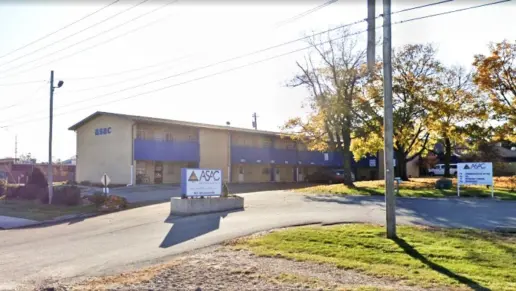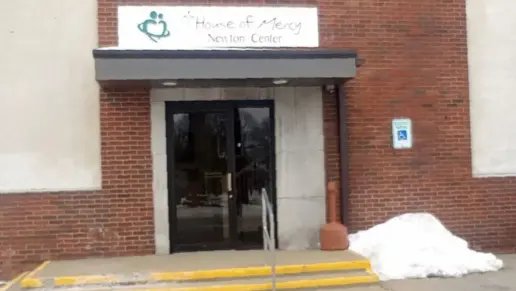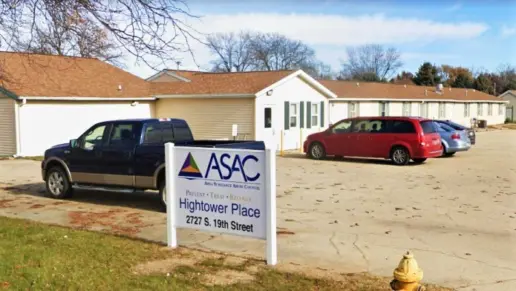About King House
Men 18 years and older can get help with substance abuse recovery at the Area Substance Abuse Council – King House. At King House, housing and alcohol and drug addiction services are offered to those committed to recovery in the Clinton, Iowa, area. Besides offering substance abuse treatments, ASAC King House helps individuals on their path to recovery by encouraging community involvement and helping men enter the workforce.
The Iowa Department of Public Health Division of Behavioral Health has licensed ASAC to help individuals with substance abuse disorders.
The programs offered by ASAC follow a strict range of care that begins with prevention and intervention and moves through the different individualized treatment paths people need for recovery and sobriety. Two of the programs offered at King House are listed below:
The Inpatient residential alcohol and drug abuse treatment program is offered to men at ASAC King House.
The sober living residential setting is structured and incorporates numerous substance abuse services like case assessment, individual and group therapy, family sessions, life skills training, and group work.
These services are aimed at individuals obtaining a successful recovery which is why employment or volunteer work hours are mandatory alongside counseling and house chores.
Certain controlled medications can be beneficial in managing substance abuse addictions. That’s why medication assisted treatment (MAT) is offered at ASAC. This addiction treatment center offers medically monitored usage of Vivitrol, Buprenorphine, and Methadone to eligible patients to help with recovery.
These medications can increase the likelihood of long term sobriety, but ASAC conducts an eligibility assessment before offering this treatment. In addition, ASAC does offer funding to those who have no insurance coverage or limited incomes for this treatment modality.
Rehab Score
Gallery
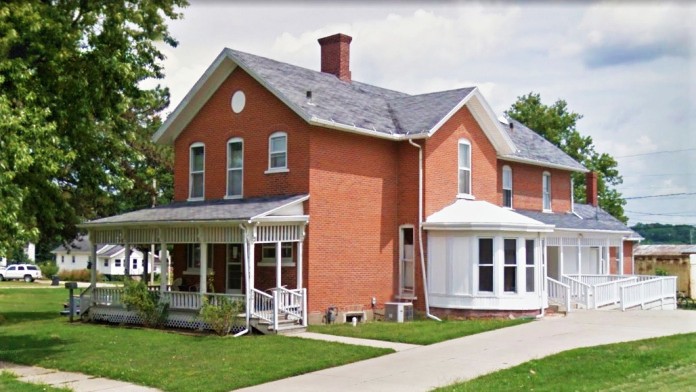
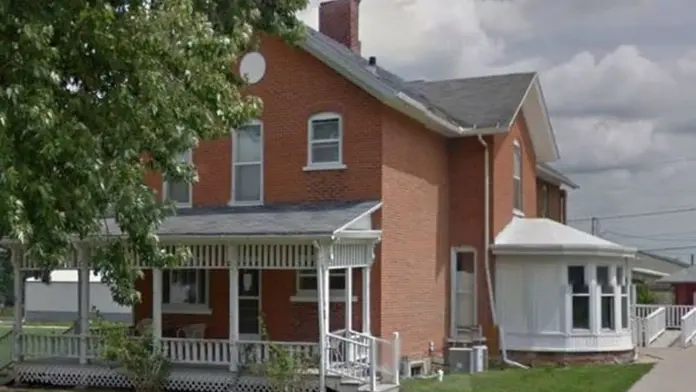
Location
Other Forms of Payment
Private insurance refers to any kind of healthcare coverage that isn't from the state or federal government. This includes individual and family plans offered by an employer or purchased from the Insurance Marketplace. Every plan will have different requirements and out of pocket costs so be sure to get the full details before you start treatment.
Medicaid is a state based program that helps lower-income individuals and families pay for healthcare. Medicaid covers addiction treatment so those enrolled can use their coverage to pay for rehab. When a program accepts Medicaid the client often pays very little or nothing out of their own pocket.
Sliding scale payments are based on a client's income and family size. The goal is to make treatment affordable to everyone. By taking these factors into account, addiction recovery care providers help ensure that your treatment does not become a financial burden to you or your family, eliminating one barrier to care.
Addiction Treatments
Levels of Care
Treatments
The goal of treatment for alcoholism is abstinence. Those with poor social support, poor motivation, or psychiatric disorders tend to relapse within a few years of treatment. For these people, success is measured by longer periods of abstinence, reduced use of alcohol, better health, and improved social functioning. Recovery and Maintenance are usually based on 12 step programs and AA meetings.
Drug rehab in Iowa is available in many formats. A variety of inpatient and outpatient options provide programs that are tailored to individual needs, making recovery possible for everyone.
Opioid rehabs specialize in supporting those recovering from opioid addiction. They treat those suffering from addiction to illegal opioids like heroin, as well as prescription drugs like oxycodone. These centers typically combine both physical as well as mental and emotional support to help stop addiction. Physical support often includes medical detox and subsequent medical support (including medication), and mental support includes in-depth therapy to address the underlying causes of addiction.
Substance rehabs focus on helping individuals recover from substance abuse, including alcohol and drug addiction (both illegal and prescription drugs). They often include the opportunity to engage in both individual as well as group therapy.
Programs



Clinical Services
Research clearly demonstrates that recovery is far more successful and sustainable when loved ones like family members participate in rehab and substance abuse treatment. Genetic factors may be at play when it comes to drug and alcohol addiction, as well as mental health issues. Family dynamics often play a critical role in addiction triggers, and if properly educated, family members can be a strong source of support when it comes to rehabilitation.
Group therapy is any therapeutic work that happens in a group (not one-on-one). There are a number of different group therapy modalities, including support groups, experiential therapy, psycho-education, and more. Group therapy involves treatment as well as processing interaction between group members.
In individual therapy, a patient meets one-on-one with a trained psychologist or counselor. Therapy is a pivotal part of effective substance abuse treatment, as it often covers root causes of addiction, including challenges faced by the patient in their social, family, and work/school life.
Life skills trainings involve all the skills a person must have in order to function successfully in the world. These include time management, career guidance, money management, and effective communication. Truly successful addiction recovery is based on the ability to not only live substance-free, but to thrive. Life skills teaches the practical necessities of functioning in society, which sets clients up for success in life, and therefore sobriety.
Trauma therapy addresses traumatic incidents from a client's past that are likely affecting their present-day experience. Trauma is often one of the primary triggers and potential causes of addiction, and can stem from child sexual abuse, domestic violence, having a parent with a mental illness, losing one or both parents at a young age, teenage or adult sexual assault, or any number of other factors. The purpose of trauma therapy is to allow a patient to process trauma and move through and past it, with the help of trained and compassionate mental health professionals.
Amenities
-
Residential Setting
-
Private Setting
Staff

Executive Director

Deputy Director

Human Resources Director
Contact Information
2219 Garfield Street
Clinton, IA 52732
